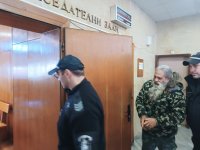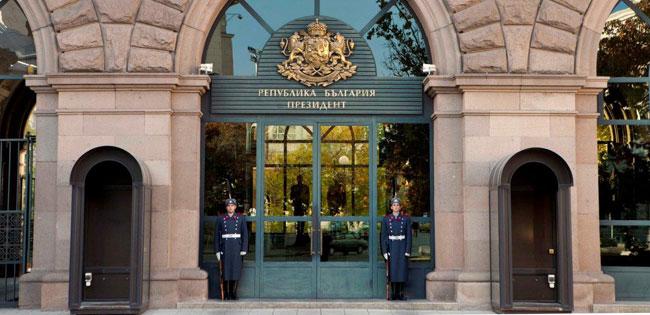
Two dead, five injured in a serious collision between two freight trains near Sofia (updated)

Will Bulgaria meet the inflation criterion for the Eurozone?

President Rumen Radev signed the decree proposing Rosen Zhelyazkov to be elected Prime Minister

Repair of Danube Bridge at Ruse is being carried out according to schedule, RIA says

Inflation rate in Bulgaria for December is 2.2%
Топ 24
Най-четени

ДПС-ДПС ще подкрепи правителство на ГЕРБ-СДС, "БСП - Обединена...

Вижте проектосъстава на кабинета "Желязков"

Изстреляха българския спътник "Балкан-1"

ИТН за вероятния кабинет: Постигаме изолация на Пеевски

Гледайте Георги Василев в "Зала на славата" на 19 януари...

Президентът Румен Радев връчи първия мандат, ГЕРБ-СДС върнаха пълна...

Зад волана с 3,14 промила: Почерпена жена се блъсна в детска...

Инфлацията за декември е 2.2%

Каква е причината да откажат линейка на пациент с инсулт?

Вижте кои са спряганите имена за министри в първия мандат на ГЕРБ

ДПС-ДПС ще подкрепи правителство на ГЕРБ-СДС, "БСП - Обединена...

Историческо: Алберт Попов с първа победа в състезание от Световната...

Оставиха под домашен арест собственика на конете, причинили...

Обраха пратки за близо 50 000 лева от куриер в Русенско

Консулът ни в Лос Анджелис е получил писмо от директора на музея,...

"Цъкайте, цъкайте, цъкайте": Малки и големи в...

Скандален случай на тормоз над дете, излъчен в ТикТок: Сезираха...

Александра Петкова от НПМГ с ключово откритие по физика

В шест общини в Сърбия продължава да е в сила извънредно положение

Протест на жители на жк "Младост" срещу застрояването


















